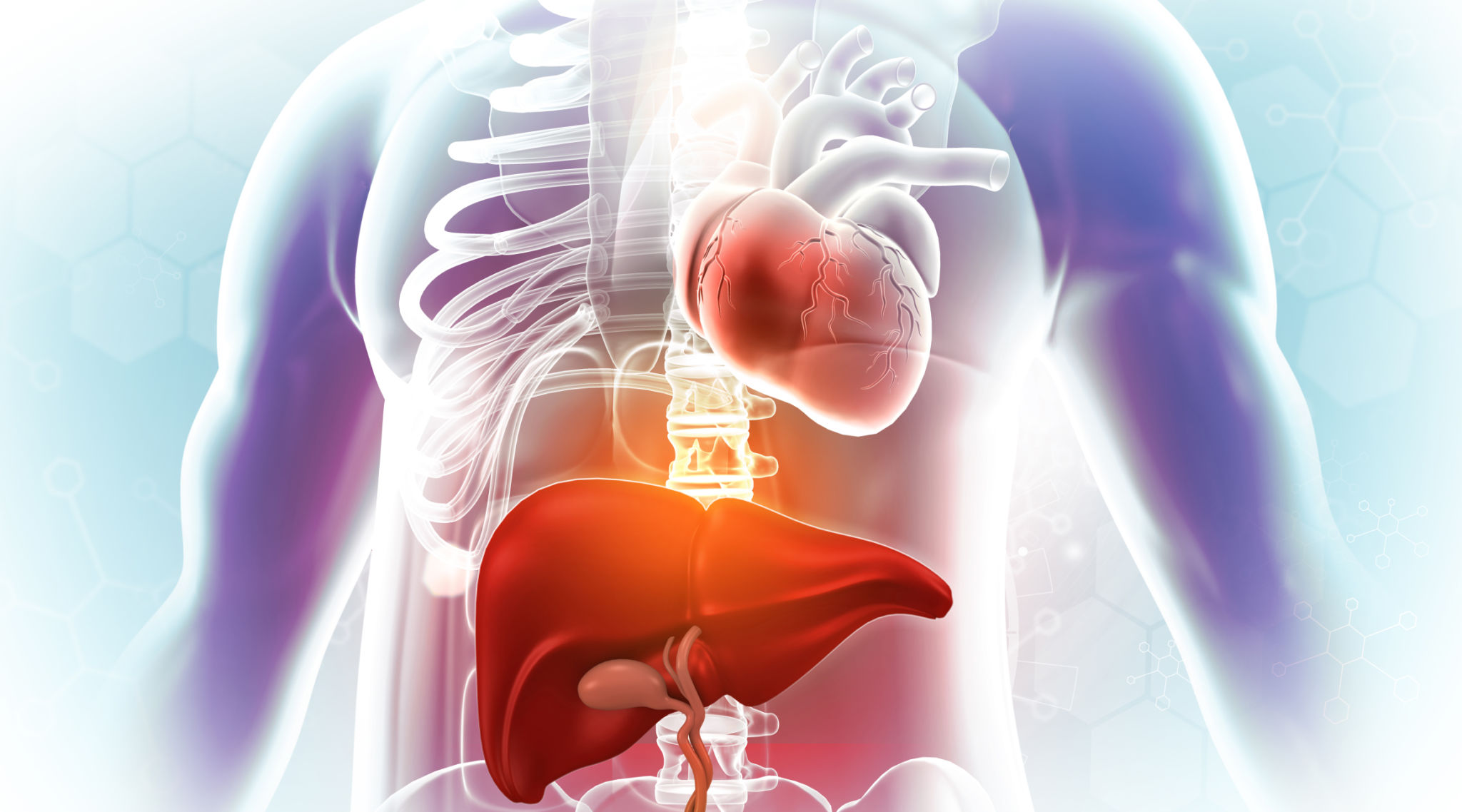Can You Really Trust Your Gut? The Science of Intuition
GT
Introduction - The Pull in Your Stomach

You know that moment when something inside you just knows? Maybe you’ve walked away from a deal that didn’t feel right, or met someone and instantly sensed you could trust them. That quiet nudge, that subtle pull in your stomach — we call it gut instinct.
For centuries, intuition has been romanticised as a mysterious force guiding us through life. Yet modern science suggests your “gut feeling” isn’t mystical at all. It’s biological, psychological, and sometimes remarkably accurate. But here’s the catch: your instincts aren’t always right.
In this post, we’ll unpack the real science behind intuition — the gut–brain connection, when to trust your instincts, when to pause, and how to balance gut and logic for better, faster, and more confident decision-making.
By the end, you’ll know how to turn your gut instinct from a guess into a grounded skill.
The Gut–Brain Connection: Your Body’s Second Brain

Your gut and brain are in constant communication. Inside your digestive tract lies a vast network of over 100 million neurons known as the enteric nervous system (ENS) — often called the “second brain.” This system doesn’t think in words or ideas but in sensations and signals.
When your stomach tightens before a presentation or feels calm when you’re around someone trustworthy, it’s your ENS sending emotional and situational data directly to your brain.
Research from neuroscientists at Columbia University and UCLA has shown that gut microbes can even influence mood, stress levels, and risk perception. Essentially, your gut gathers data faster than your conscious mind, alerting you to subtle environmental cues before you can logically process them.
Pro Tip:
Before making a big decision, notice how your body reacts. A relaxed gut often signals alignment. Tightness or unease may indicate caution. But always pause to confirm whether that feeling is grounded in fact or driven by fear.
When Instincts Get It Wrong

Despite its power, intuition is not foolproof. Gut instinct relies heavily on your past experiences and emotional memory. If your history carries anxiety, bias, or trauma, your gut might be replaying old data rather than reading the current situation accurately.
Imagine a manager who once worked with a manipulative colleague. Later, when meeting someone with a similar communication style, their gut might warn them, “Don’t trust this person.” In truth, the new colleague could be entirely different.
Psychologist Daniel Kahneman, author of Thinking, Fast and Slow, explains that our brains operate through two systems:
System 1 — fast, emotional, instinctive
System 2 — slow, deliberate, analytical
Intuition belongs to System 1, which is efficient but prone to bias. Logic lives in System 2, which is accurate but slower. Smart decision-makers learn to let both systems collaborate instead of compete.
Coach’s Insight:
Your gut isn’t lying — it’s just sometimes misinformed. Treat intuition like a first draft and let logic edit before you act.
The Emotional Intelligence of the Gut

Your gut feelings are emotional data, not random sensations. Emotional intelligence (EQ) comes from your ability to recognise, interpret, and manage that data effectively. People with high EQ can sense their gut signals yet still ask, “What is this really telling me?”
In emotionally charged situations, such as hiring an employee or choosing an investment, emotion floods your gut’s signals. Without awareness, you might confuse excitement with certainty or anxiety with danger.
The key is developing emotional granularity, the ability to label feelings precisely. Instead of saying, “I have a bad feeling,” clarify what that feeling represents: uncertainty, fear, overstimulation, or genuine intuition.
Pro Tip:
Build a “pause habit.” When your gut reacts, take 60 seconds to name the emotion behind it. Clarity converts feelings into usable data.
Trust but Verify: How to Balance Intuition and Logic

The best decisions rarely come from instinct alone or pure analysis. They come from integration. High performers — from surgeons to entrepreneurs — rely on what psychologists call adaptive intuition.
Adaptive intuition forms when experience, feedback, and reflection combine. The more quality data your brain stores, the sharper your instincts become. This is why veteran firefighters can sense danger seconds before seeing flames — their bodies recognise patterns faster than conscious thought.
To strengthen your own adaptive intuition:
- Reflect on Past Wins and Misses. Identify patterns in when your gut was right and when it misled you.
- Feed Your Mind Evidence. Learn, observe, and evaluate outcomes. The more accurate data you absorb, the smarter your instincts grow.
Use the Two-Question Test:
- What does my gut say?
- What evidence supports or contradicts it?
Coach’s Insight:
Trust your gut to start the conversation, not to close the deal. Use logic to verify before you act.
Training Your Intuition for Daily Decisions

Like any skill, intuition can be trained. Start by tuning in rather than tuning out. Most people drown their intuition under noise, distraction, and haste. Creating quiet space allows subtle signals to surface.
Here are simple, practical methods to strengthen intuitive accuracy:
1. Micro-Decisions Practice
Use your gut on small, low-risk choices — what to eat, which route to take, when to call a friend. Reflect afterwards: did the outcome align with your feeling? Over time, you’ll learn your body’s unique signals for “yes” and “no.”
2. Mind–Body Calibration
Regular mindfulness, breathing exercises, or light stretching improve interoception — your awareness of internal sensations. A calm nervous system detects intuition more clearly than a tense one.
3. Decision Journaling
Write down your initial gut reaction, your reasoning, and the outcome. Review weekly. Patterns reveal whether your intuition is grounded or biased.
Pro Tip:
Train your instincts like you train muscles — with repetition, awareness, and feedback.
Why Intuition Matters for Resilience and Growth

When life moves fast, overthinking becomes a trap. Intuition offers speed and adaptability. It helps you make decisions under uncertainty, sense emotional shifts in others, and respond with confidence.
In leadership, relationships, and personal wellbeing, trusting your gut appropriately can reduce anxiety and boost decisiveness. Studies in neuroscience show that accurate intuitive decision-making activates reward centres in the brain, releasing dopamine and reinforcing confidence loops.
Intuition also builds resilience. When you listen inward, you stay connected to your internal compass, less swayed by outside noise or opinion. This self-trust fuels perseverance and authenticity — two core traits of emotional strength.
Coach’s Insight:
Resilience isn’t about ignoring logic or emotion. It’s about knowing when to follow your gut, when to pause, and when to pivot.
The Real Power of Your Gut

Your intuition is not a mystical gift — it’s a biological compass tuned by experience, emotion, and awareness. When aligned with logic, it becomes one of the most powerful tools for clarity, speed, and self-trust.
The secret is balance. Feel deeply, think clearly, and decide consciously.
Action Step:
Before your next major decision, listen to your gut, write down your feeling, and then test it against evidence. Let both your instinct and reason have a voice — then choose from the middle ground.
Final Thought
Your gut is a voice of wisdom — but it speaks in sensations, not sentences. Learn its language, balance it with logic, and it will rarely steer you wrong.
FAQs

Q1. Is gut instinct always emotional?
Not entirely. It’s a blend of subconscious pattern recognition, emotional data, and physical feedback. It feels emotional, but it’s often your brain processing information faster than conscious awareness.
Q2. How can I tell if it’s fear or intuition?
Fear feels tense, heavy, and urgent. True intuition feels calm, steady, and matter-of-fact. The difference is in tone, not volume.
Q3. Can intuition be developed scientifically?
Yes. Studies on expertise show that intuition improves with experience and reflection. When you analyse outcomes, your subconscious becomes better at recognising accurate patterns.
Q4. Why do some people seem more intuitive than others?
Highly intuitive people tend to have strong self-awareness, emotional intelligence, and a habit of reflection. They listen inwardly before reacting outwardly.
Q5. Should I ever ignore my gut?
Yes, especially when the stakes are high and you lack relevant experience. In new or complex situations, supplement intuition with data and expert advice.
About the Author
Written by Steve Jones, Genesis Therapy, a coach specialising in stress resilience and brain-based strategies. Helping people from all walks of life rewire overthinking, manage anxiety, and build the confidence to handle everyday pressure with strength and calm.
